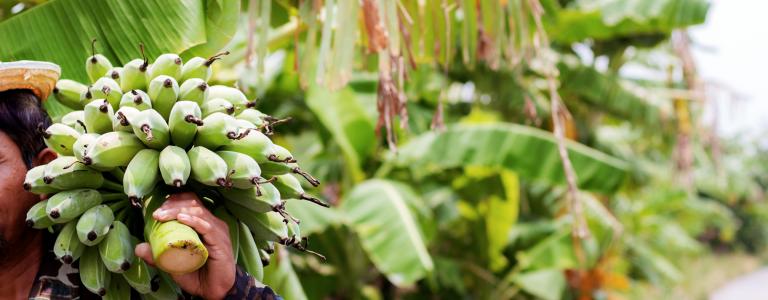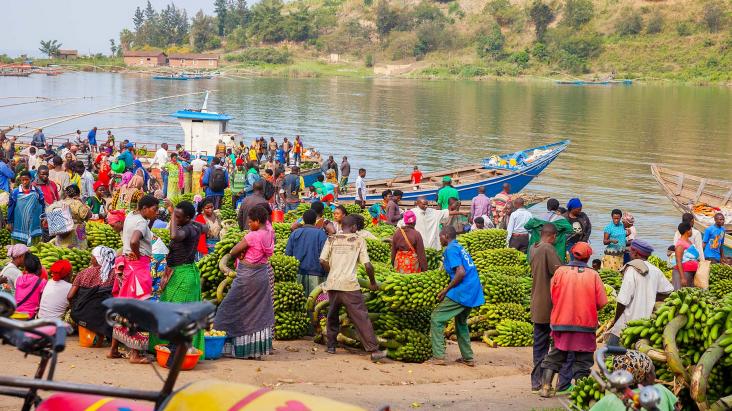Standards and Value Chains
Over the last two decades, there has been exponential growth in the demand and supply of leading standards-compliant products, which has led to the growth and proliferation of voluntary sustainability standards (VSSs).
There are now more than 400 VSSs operating across the planet. These include organic items, fair trade, and the Forest Stewardship Council (FSC) to name a few. These standards are guidelines for producing, selling, and purchasing products in a sustainable manner. They provide manufacturers and retailers with information about the reliability of and safety conditions behind a product. They also provide consumers with information about the sustainability efforts taken for their production and manufacturing, with the aim of positively affecting communities, the environment, and the economy.
Many of these sustainability initiatives are created by small groups of collaborating partners, influencing their impartiality. This also affects the ability of other stakeholders to provide input into the founding characteristics of the initiatives and how they operate. Because standards and voluntary sustainability initiatives also set rules for production and trade, these standards should ensure an inclusive governance from their design to their implementation. This promotion of good governance in standards initiatives is a key priority for IISD.
Given this growth and the relative contribution of VSSs as tools for sustainable development, IISD presents production and consumption market information in an accessible manner to foster transparency, knowledge, and strategic decision making in the State of Sustainability Initiatives (SSI) reporting series. The SSI is an international transparency and capacity-building project that aims to improve strategic planning and sustainable development outcomes related to VSSs by providing in-depth, credible, and needs-based information. It equips supply-chain decision-makers and governments with the inclusive and transparent information they need to make informed decisions and contribute to sustainable development.
What do we do?
- We analyze the founding characteristics and requirements of VSSs versus sustainable development issues, such as biodiversity conservation, poverty reduction, and gender equity, to understand their strengths and limitations, and highlight opportunities for improvement.
- We track and analyze the market performance of sustainable production and consumption of commodity markets and VSSs globally to understand trends and impacts.
How do we do this?
- We collect primary data from VSSs and standards setters on their systems characteristics and market performance using quantitative and qualitative methods.
- We conduct research and collect secondary data related to sustainable markets, VSSs, and development issues through extensive literature review and establishing strategic partnerships with leading data providers to fill knowledge gaps.
- We analyze data and provide recommendations for standard setters, the private sector, and governments to enhance the effectiveness of VSSs as tools for sustainable development.
Publications
Measures to Enhance Forest Conservation and Reduce Deforestation
This report outlines and compares various policy measures that Costa Rica, Gabon, Indonesia, Peru, and Rwanda have put in place to address deforestation.
Voluntary Standards and Initiatives for Carbon Management
These two reports unpack the complex landscape of voluntary standards and initiatives for carbon management to help private sector actors reach net-zero emissions.
Global Market Report: Tea prices and sustainability
This report explores recent market trends in the tea sector and explains why we need to get better at recognizing the social and environmental costs of tea production.
Producer Inclusion in Voluntary Sustainability Standard Governance
This report analyzes the extent to which producers are included in the governance of agricultural standards and recommends ways for standard-setting organizations to give producers opportunities to help steer their course.
Webinars
Sustainability Standards and Commodity Prices: How to better support farmers' livelihoods
This webinar explored how standards can better support farmers to get higher prices and incomes and use more sustainable practices amid disruptions in international commodity prices.
South-South Trade and Voluntary Sustainability Standards: Challenges and opportunities
Webinar exploring new research on how sustainability standards can promote trade relationships that protect the environment and improve farmers’ livelihoods in developing countries.
Standards and the Sustainable Development Goals: Leveraging sustainability standards for reporting on SDG progress
This event launched a new report examining how governments can work with sustainability standards to advance the SDGs and better track and report on their progress toward achieving them.
Voluntary Sustainability Standards in South Asia: A focus on the cotton sector in Bangladesh, India, Pakistan, and Sri Lanka
This public webinar discussed research findings from IISD's State of Sustainability Initiatives.
Experts

Nathalie Bernasconi-Osterwalder
Vice-President, Global Strategies and Managing Director, Europe

Cristina Larrea
Lead II, Sustainability Standards

Steffany Bermúdez
Policy Advisor I

Sara Elder
Senior Policy Advisor, Standards Workstream

Erika Luna
Junior Policy Analyst

Sally Millett
Communications Officer

Florencia Sarmiento
Policy Analyst

Vivek Voora
Senior Associate
Latest
You might also be interested in
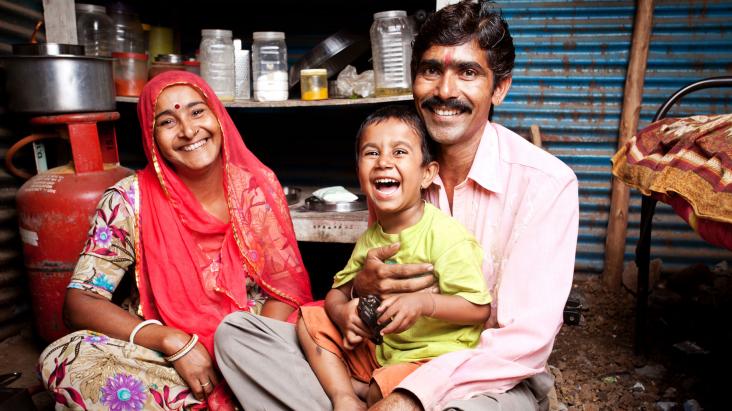
Gender Equality
For development to be sustainable and effective, the needs of all people must be considered.
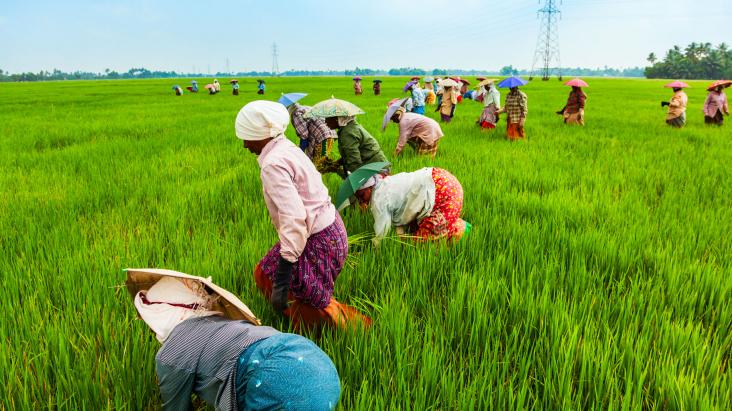
Food and Agriculture
Agriculture is on the front lines of nearly all urgent global challenges, from hunger to climate change to rising inequality.
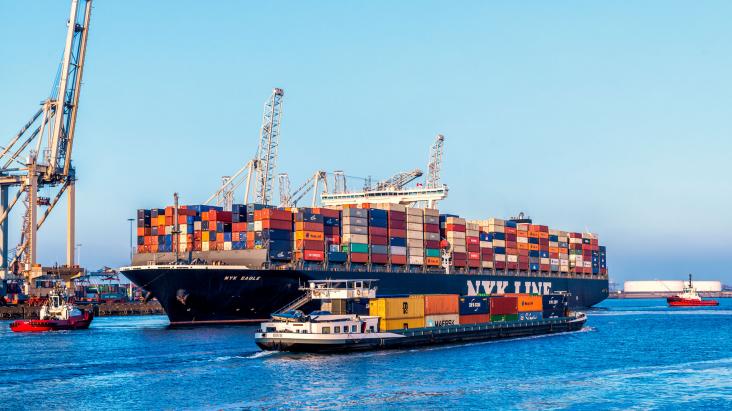
Trade
Depending on how trade policy is designed and implemented, it can either advance or be a hindrance to sustainable, low-carbon development.
